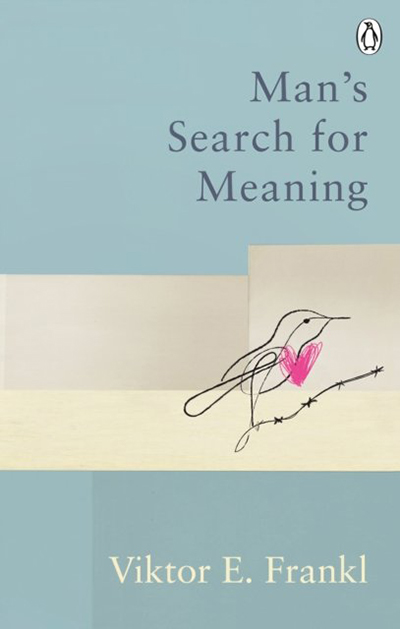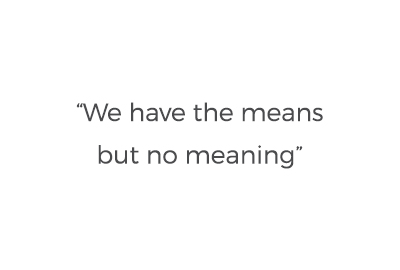
There are many times in the counselling room when our usual tools for exploration and reframing feel utterly redundant. The client has experienced something so viscerally and objectively painful that there is nothing that can be “done” to alleviate it.
Learning to sit with someone in that abject and often existential pain can be incredibly challenging. The wish to make it better for our client (and often for ourselves too) can be overwhelming and, much like the people around them, we can easily fall into the trap of trying to hurry them away from the pain simply because we find it unbearable. The only way out is through however, and so we are tasked with finding ways to stay with the pain, getting to know it as it is and gently supporting our client to find their way through.
Viktor Frankl’s seminal book Man’s Search For Meaning is an excellent starter text for this kind of work that inevitably involves existentialism. Based upon his own experiences of being in a Nazi concentration camp, Dr Frankl counsels that all humans are “meaning seeking creatures” and that the ability to find some meaning in our lives and our experiences, no matter how dark, is fundamental to our psychological survival.
This moving, inspirational and thought-provoking text offers us a different angle from which to approach the worst of life events. Alongside sharing his observations from Auschwitz, he introduces logotherapy, providing insights and tools that we can apply when supporting our clients to find meaning in the darkness.

The wisdom of this book is not limited to those experiencing very clear existential crises, in fact, it can be applied to much of our work as counsellors.
Dr Frankl notes that at the time of writing, in spite of all the advances and luxuries of the Western World happiness appeared to be at an all-time low. He attributed this to a loss of meaning and the same could be said for society today, with an absence of connection and meaning often underpinning the depressions and anxieties that we see in the consulting room.
A must read then for anyone who is looking to take their practice to a new level or is interested in exploring existential psychotherapy.
